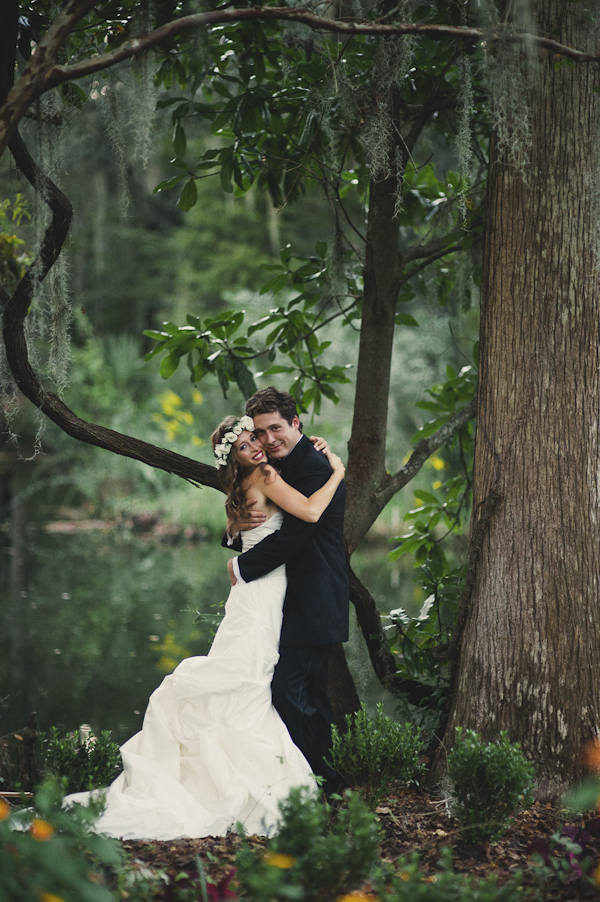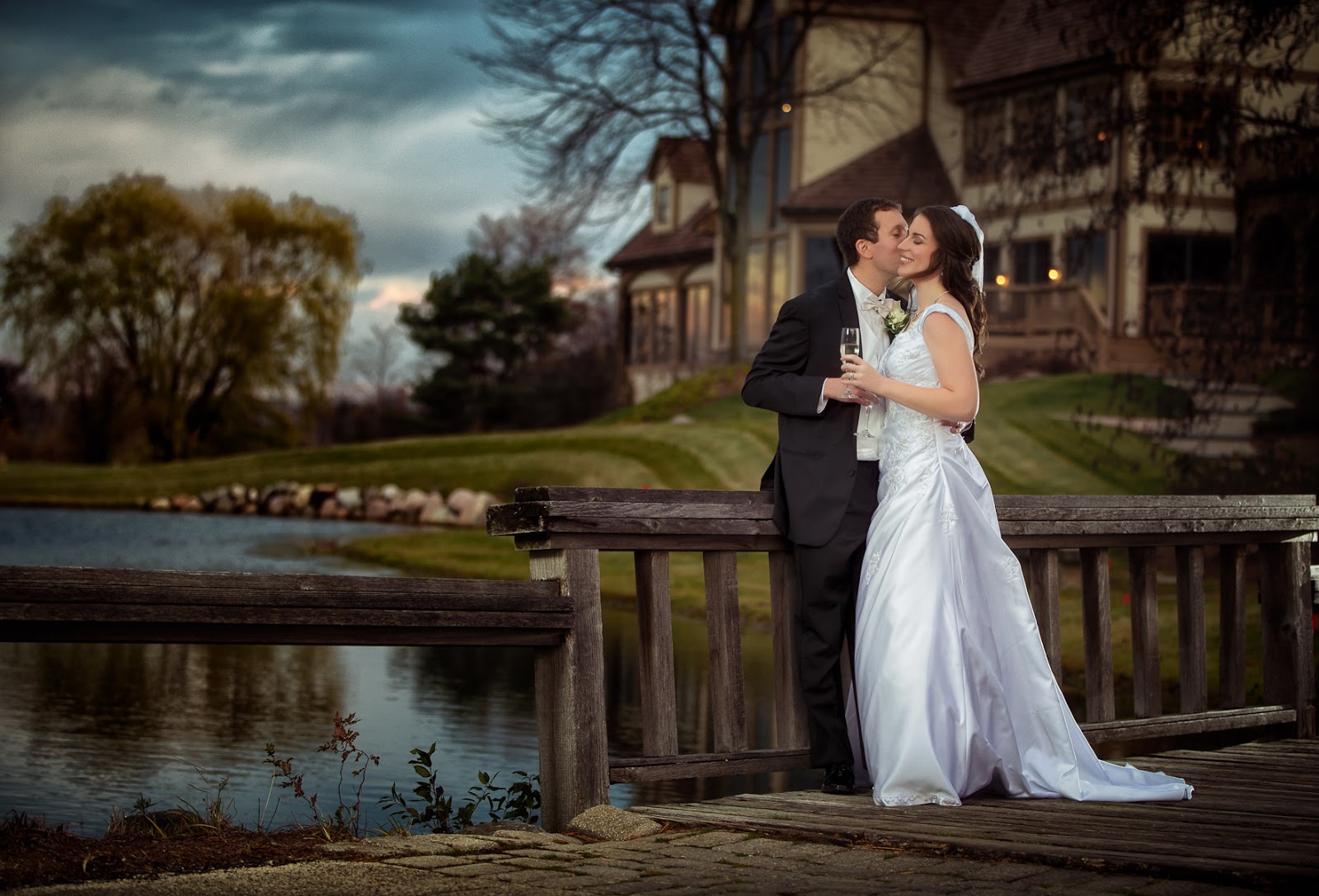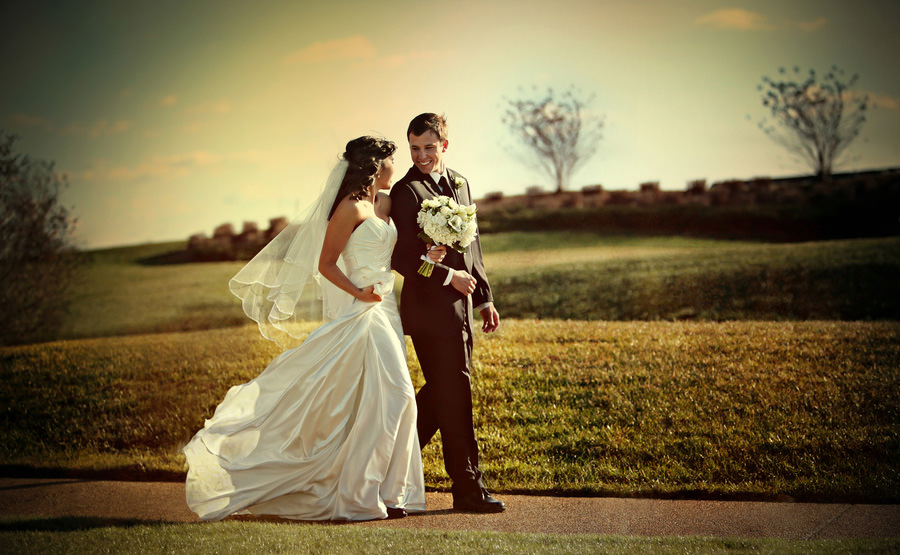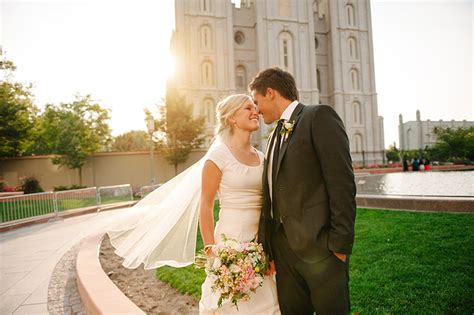Everyone wants to have beautiful images of their special day. Five things to remember when taking these shots include: style, location, finish, composition and lighting.
Style.
Wedding photography should be a mixture of candid and formal shots. While some pictures are limited in their creativity such as the kiss, the vows, the ring exchange and the family portraits, others have a wide scope for originality. These include the before and after shots of the bridal party, the venue, the intimate details of the dress, flowers, hair, shoes, place settings and location shots. Natural and relaxed shots are achieved when individuals do not look directly through the lens but focus on each other or objects beyond the scope of the camera. Overall the mixture should capture the emotion of the day as decided by the bride and groom.
Location.
Although restricted by the time of the year, time of the day and weather conditions, spectacular wedding images can be created through the use of clever locations. While in the past people were restricted to studio arrangements, now it is common to use beaches, parks, abandoned railway lines, trees, sandstone and heritage buildings as backdrops. The photographer is only limited by his or her own creativity and knowledge of the area being photographed. The contrast of colours and textures between skin and clothing material can be quite dramatic enhancing photographic appearance.
Finish
Quite often the choice of photograph finish can create a stunning image. Bright sunny days with beautiful blue skies would be lost in a black and white finish, while dull and dreary days look best with such a finish. Similarly, while a very personal choice, matte finishes suit some situations while gloss others. The incorporation of digital photography into the wedding market has enabled photograph manipulation to become easier. The finished product is no longer limited to just these decisions but can be touched up, objects coloured, added or removed, text added, or objects distorted with dazzling results. Again the photographer is only limited by his or her knowledge of photo imaging software.
Composition
One should always follow the rules of composition, such as the rule of thirds, symmetry and leading lines, when shooting weddings. Unwanted objects and clutter in the background must not overshadow the focus of the shot. Other factors to consider with respect to composition to enhance quality include: angling the camera slightly when taking a shot, blurring backgrounds, silhouetting objects and reflecting and framing objects.
Lighting
While using a studio is a lot more convenient as lighting does not pose a problem, correct use of outdoor lighting can also provide quality pictures. The warm winter glow provides less harsh lighting conditions than that in the middle of summer. Sunrise, sunset and overcast days similarly provide quality lighting for photographs. The use of flash to correct shadows and reflectors to add warmth are some options to assist in this area.
Evidently beautiful wedding photography can be achieved through careful manipulation of style, location, finish, composition and lighting.















Tidak ada komentar:
Posting Komentar